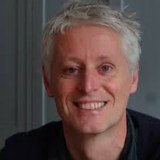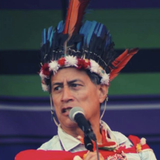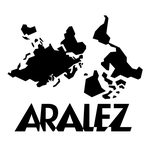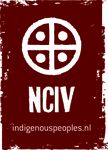In contemporary climate talks, we hear the call for urgency and the need for sustainable policies. We attempt to seek solutions mostly in technology, while Indigenous Peoples protect 80% of the world’s biodiversity. Indigenous practices have been working for thousands of years with very good outcomes. And yet, their knowledge does not get enough attention and recognition. To what extent are we familiar with the Indigenous lobby? And how relevant is this, and for whom?
This third session of a 3 part series will first provide a historical overview of Indigenous lobbying within the international institutional arena. What were important key moments, what tools emerged and what challenges were present at that time? Lastly, we discuss one of the most echoed demands: the call for recognition of Indigenous cosmovisions.
Together we will explore these visions and discuss why the Indigenous movement needs global solidarity. Not only for the sake of the climate crisis but also for the protection of ancestral practices, Indigenous rights, cultures and our common future. We will do this together with keynote speaker Leo van der Vlist, he is the director of the Netherlands Centre for Indigenous Peoples and has since 1990 been advocating the rights of Indigenous peoples globally. During his keynote, Leo will take us from 1922 to the present.


About the programme
In the run-up to Indigenous Liberation Day on October 12th, Aralez is organising a three-part series on climate justice and reparations from Indigenous and decolonial perspectives. During the series, the link will be made between colonial history, neo-colonialism and today’s climate crisis. The first editions take place on May 25th and June 8th at Pakhuis de Zwijger.
About the speaker
Leo van der Vlist is director of the Netherlands Centre for Indigenous Peoples and has since 1990 been advocating the rights of indigenous peoples globally. He was one of the initiators and co-organizers of the Voices4MotherEarth wisdom gathering in Millemont, France, parallel to the Climate Summit in Paris in December 2015. Currently, Leo is focusing on finding ways to effectively link people in the world of money with people working on initiatives to help Mother Earth to regenerate.








